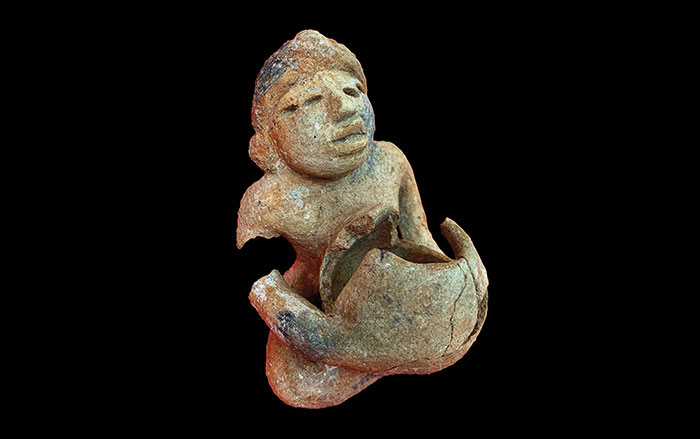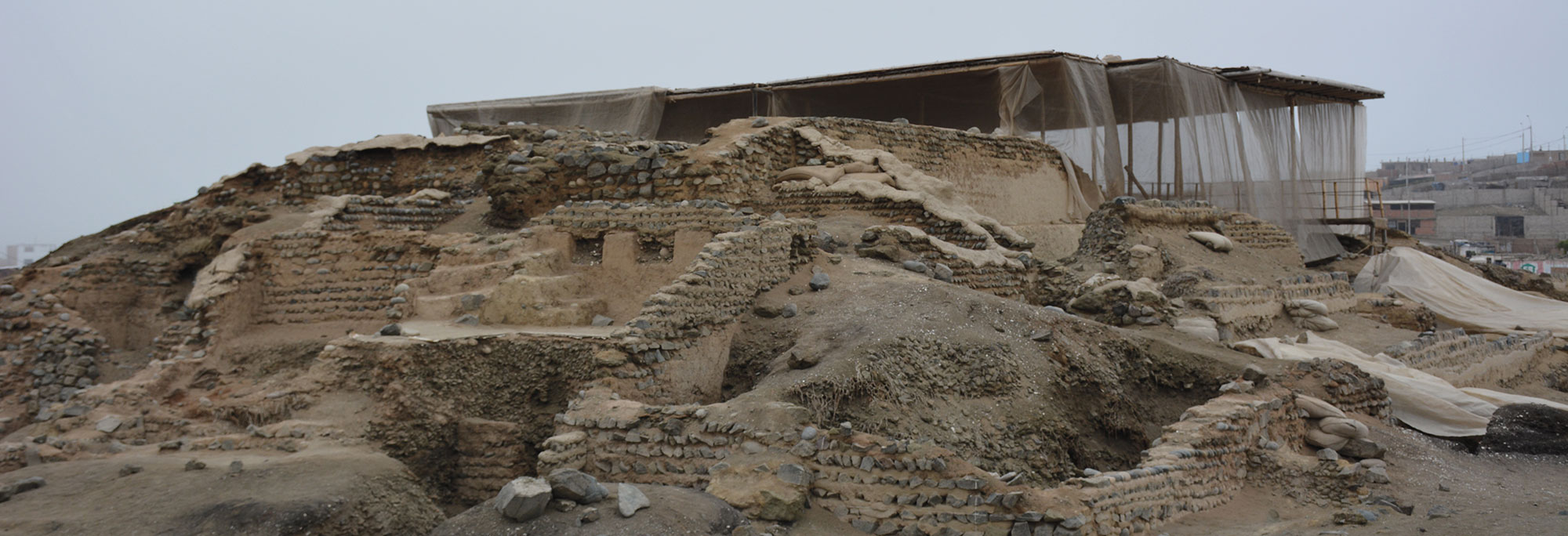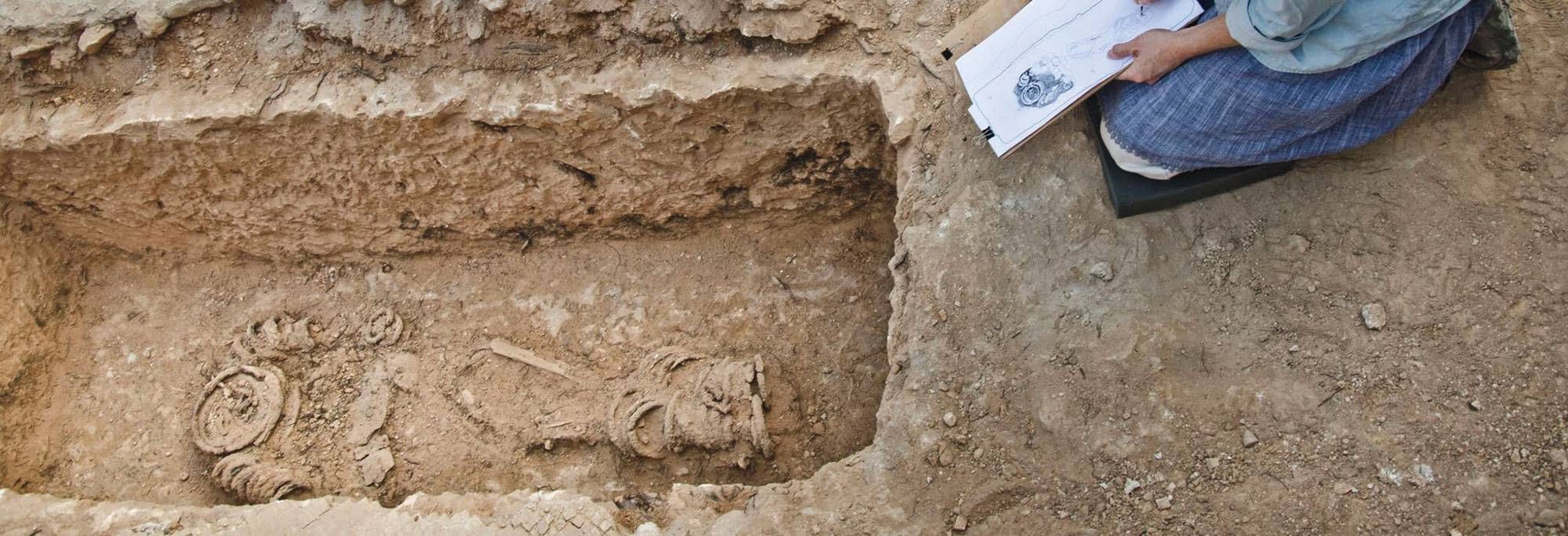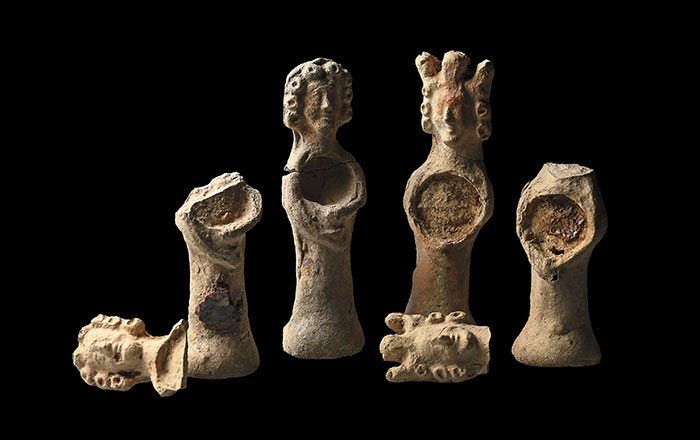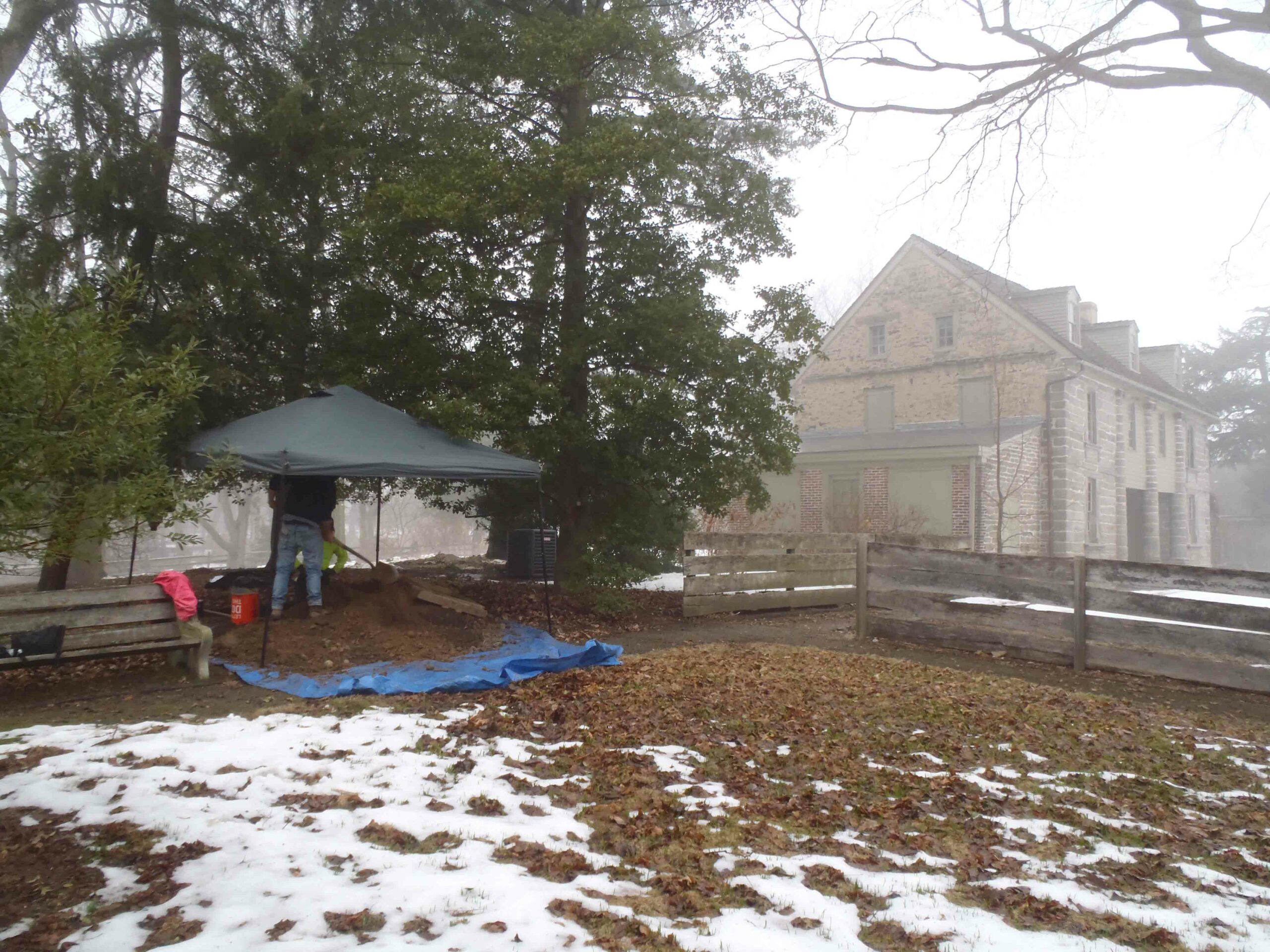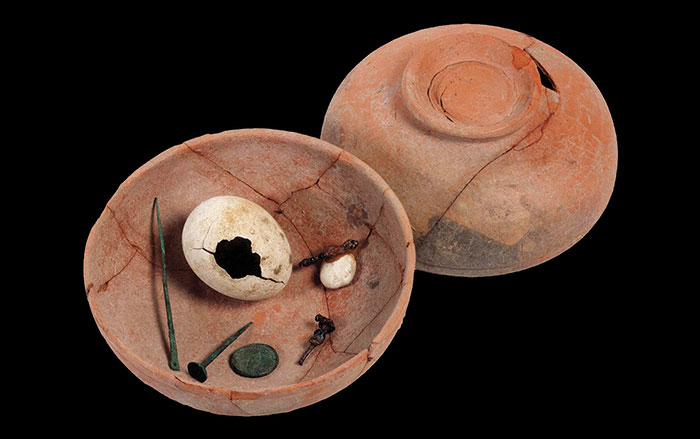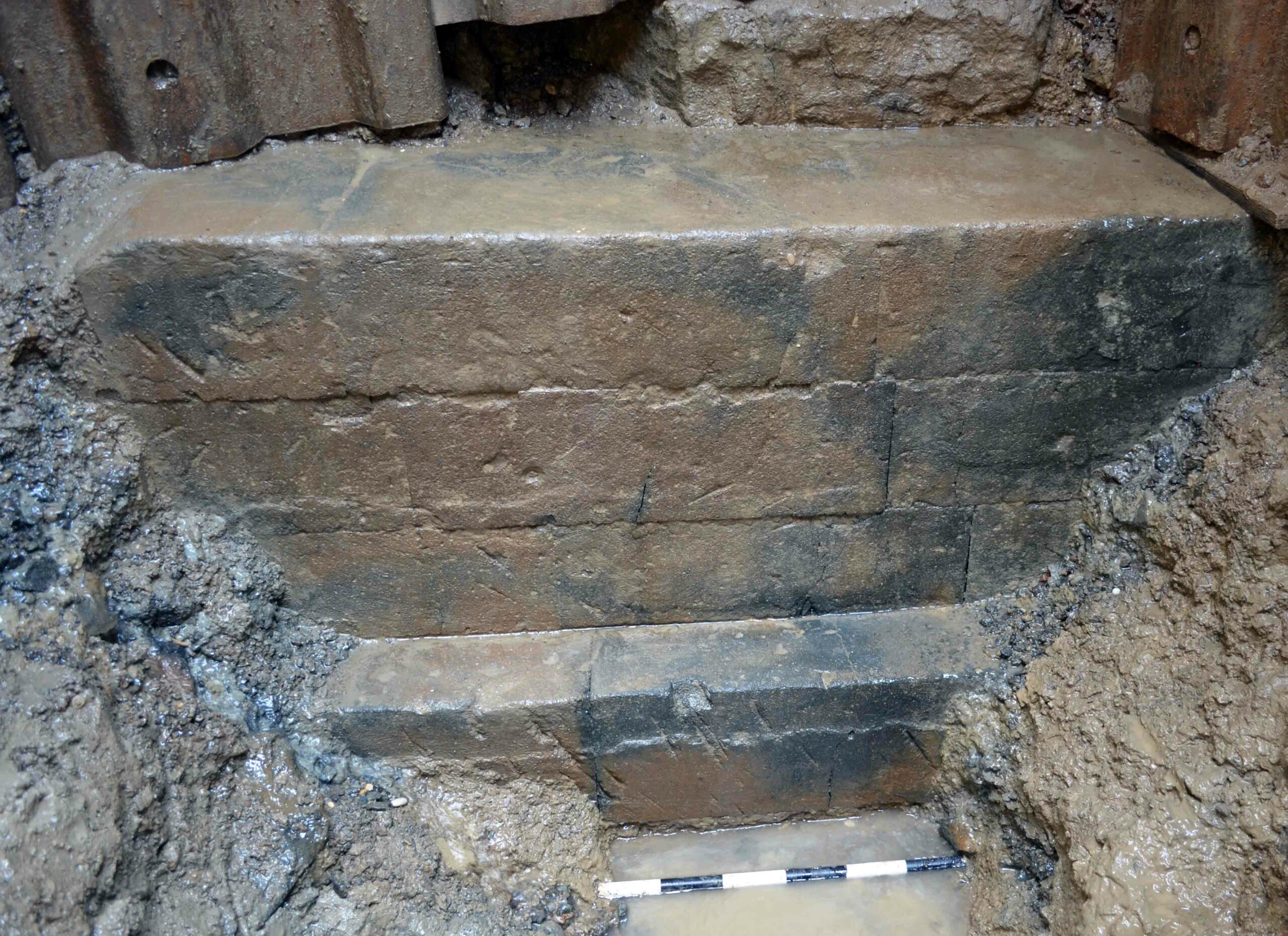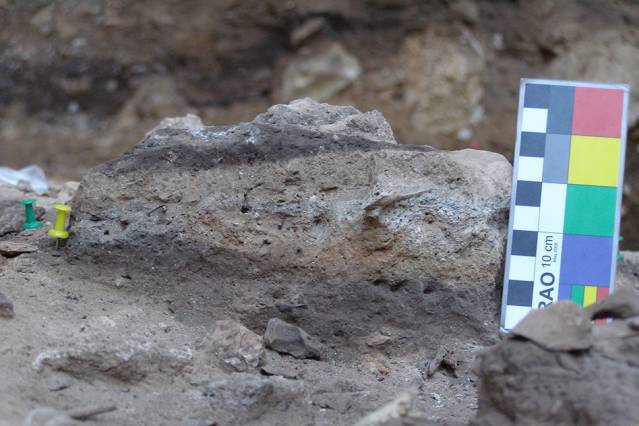
CAMBRIDGE, MASSACHUSETTS—Neanderthals in Europe cooked and ate plants some 50,000 years ago, according to an analysis of fossilized fecal material recovered at the Neanderthal occupation site El Salt in southern Spain. Science reports that Ainara Sistiaga of the University of La Laguna in Tenerife and geobiologist Roger Summons of the Massachusetts Institute of Technology used technology that detects fecal matter in drinking water to test five locations at El Salt. They found the chemical byproducts created by the digestion of meats, and levels of plant sterols that “unambiguously record the ingestion of plants.” Butchered bones and hunting tools, and analysis of the levels of carbon, nitrogen, and other chemicals in Neanderthal bones, have given scientists clues to the meat in the Neanderthal diet. And recent studies of plaque from Neanderthal teeth found in Iraq and Belgium shows that they ate starchy foods in porridge form. Sistiaga says that this is the first direct evidence that Neanderthals ate and digested plants. Critics would like conclusive evidence that the feces came from Neanderthals, however.


